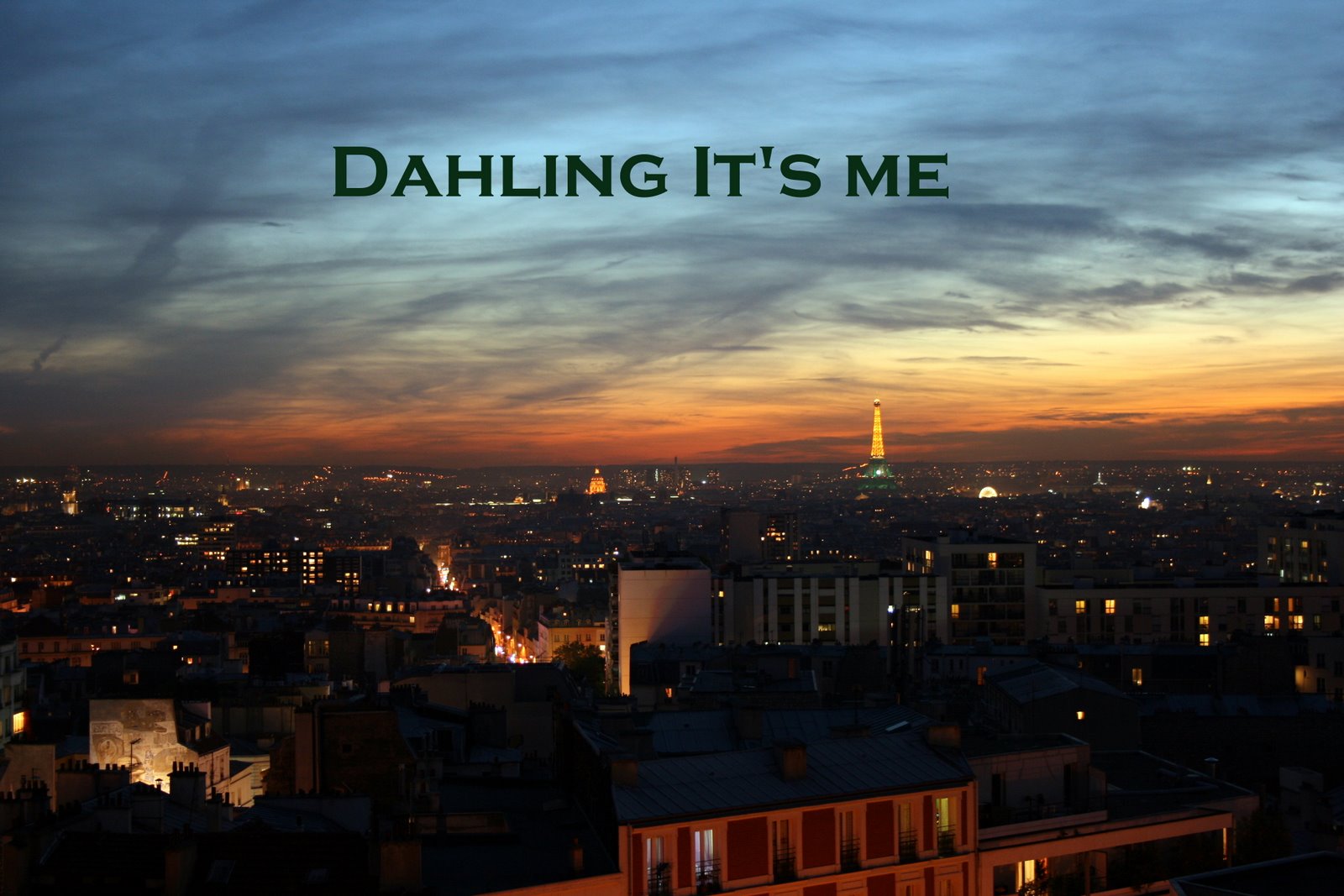Is it or isn't it the next Great Depression? If you look at the figures then we are, to put it simply, no where near the levels of unemployment or drops in housing prices seen even in the first year of the Great Depression, but it is certainly one of the most precarious situations that the modern banking system (in all its complex incomprehensibility) has seen.
Did the banking system get itself into this mess? Yes is the simple answer. But certain factors are not helping. One is the relatively new accounting system of assets appearing on accounts at market values, which means that, as the assets go down in value, the bank is obliged to sell more of the assets to get rid of the bad assets on the balance sheet, adding yet further to the slide in prices of these assets, making yet more firms sell, causing a further slide. The other problem is that no-one knows what the debt they are actually holding is... In the good old days, you went to your bank manager, whom you knew, you asked for a loan and if they trusted you to pay it back and liked your parents, or something like that, then you got one, and if they didn't then you didn't... This meant that if you defaulted, then the bank manager could come and speak to you to find out what was happening... In the new system, no-one knows who they have leant money to, and therefore no-one knows what the chance of being paid back really is...
Everyone talks about these huge sums of money that we just can't understand, billions, trillions etc, but it is very unlikely that 100 percent of people in the American sub-prime market will default on their mortgages, in fact, if we are to remain realistic, even in a worst case scenario it is likely that at least half of these mortgages will be paid back...
So, what am I saying...? Basically that, though everyone is very worried about Congress "giving" Wall Street $700 billion it is very unlikely that, in the long run, it will cost that, and it is even feasible that it could prove to be a very profitable investment for the US taxpayer... So, as an interested party abroad, my message to Congress is simple, hurry up and ratify the "bail-out".
And, if you want a piece of escapism from all this doom and gloom you could do worse than watch the ridiculous, and very silly film (probably one of Audrey Hepburn's worst, but it is so bad it is good): Paris When it Sizzles... Obviously very close to my heart for many reasons, mainly, a love of the ridiculous, Audrey Hepburn and Paris...
Until next time dahlings, that was me (with a slightly different topic)...
Did the banking system get itself into this mess? Yes is the simple answer. But certain factors are not helping. One is the relatively new accounting system of assets appearing on accounts at market values, which means that, as the assets go down in value, the bank is obliged to sell more of the assets to get rid of the bad assets on the balance sheet, adding yet further to the slide in prices of these assets, making yet more firms sell, causing a further slide. The other problem is that no-one knows what the debt they are actually holding is... In the good old days, you went to your bank manager, whom you knew, you asked for a loan and if they trusted you to pay it back and liked your parents, or something like that, then you got one, and if they didn't then you didn't... This meant that if you defaulted, then the bank manager could come and speak to you to find out what was happening... In the new system, no-one knows who they have leant money to, and therefore no-one knows what the chance of being paid back really is...
Everyone talks about these huge sums of money that we just can't understand, billions, trillions etc, but it is very unlikely that 100 percent of people in the American sub-prime market will default on their mortgages, in fact, if we are to remain realistic, even in a worst case scenario it is likely that at least half of these mortgages will be paid back...
So, what am I saying...? Basically that, though everyone is very worried about Congress "giving" Wall Street $700 billion it is very unlikely that, in the long run, it will cost that, and it is even feasible that it could prove to be a very profitable investment for the US taxpayer... So, as an interested party abroad, my message to Congress is simple, hurry up and ratify the "bail-out".
And, if you want a piece of escapism from all this doom and gloom you could do worse than watch the ridiculous, and very silly film (probably one of Audrey Hepburn's worst, but it is so bad it is good): Paris When it Sizzles... Obviously very close to my heart for many reasons, mainly, a love of the ridiculous, Audrey Hepburn and Paris...
Until next time dahlings, that was me (with a slightly different topic)...





No comments:
Post a Comment